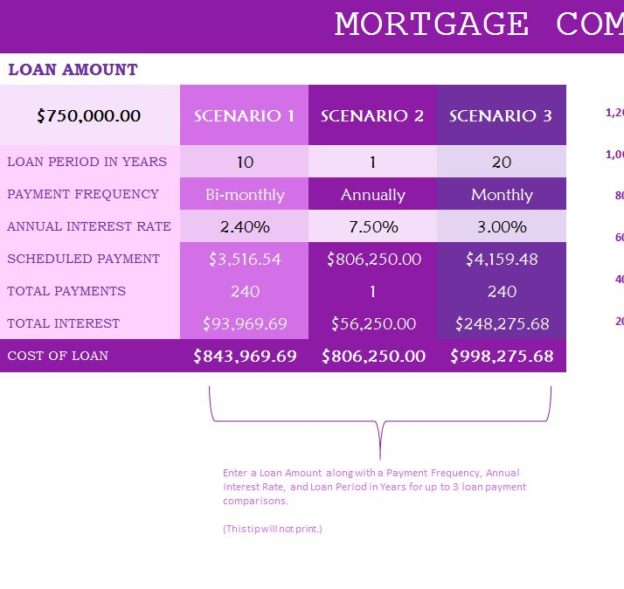

Installment loans: An installment loan is a type of secured loan where you have to pay back the money over time.Loans can be disbursed as a line of credit or in a lump sum. While it can be a great way to finance a project such as home repairs, if you cannot make the payments, you can lose your house. Home equity loans: A home equity loan is a type of secured loan that offers your home as collateral.Lenders will typically charge higher interest for these types of loans. Unsecured loans don't use collateral so lenders consider them more high risk. Unsecured loans: As the name implies, unsecured loans are the opposite of secured loans.Collateral for a loan has to be valuable, such as a car, home, or assets. If you cannot pay back the loan, the lender will take your property instead. Secured loans: A secured loan is obtained by using property and things you own as collateral.Loans can be borrowed from private lenders or from governmental institutions. The type of loan you get will determine how you need to pay it back and what happens if you can't pay. If you're not paying with cash, financing them requires examining which loans make the most sense for you. Special events: Special events may be expensive, such as wedding or rites of passage ceremonies, like bar or bat mitzvahs and quinceañeras.If you don't have enough savings to address emergencies, you may decide to get a short-term loan to cover the expenses. Medical emergencies, unforeseen car repairs, damage to your home from a natural disaster, and many other problems may arise and cost money to handle. Emergencies: Sometimes situations arise that you just don't see coming.The amount of the loan given depends on the type of business and your plan to sustain the business to pay back the money. Small business loans are available to help offset some of those costs. Business expenses: Running your own company or organization means you need to have resources to pay overhead, such as staff compensation, supplies, and office space.There are several ways you can pay for tuition, and most loans have terms that delay repaying the loan until the schooling is completed. School tuition: Education can cost thousands of dollars, from vocational school to community college to the university level.Your monthly payment is called a car note. You can buy your car through a bank or credit union and pay the loan back monthly. Car loans: Buying a vehicle can be expensive, especially if it's brand new car.You can borrow money to complete house projects if you don't have the cash on hand. Home improvements: Homes often need updating over time, whether due to normal wear and tear or appliances and decor that could use updating.Your monthly payment to pay the loan back is called a mortgage. Mortgages: If you can't pay cash when you buy a home, you negotiate a loan with a bank to purchase the home for you.Here are some common reasons you will need to secure financing. Most people do not have thousands of dollars on hand to pay for expensive items. Length of repayment, interest rates, and the credit scores required vary depending on how much money you need and what you will do with the money. The first step in doing research for a loan is determining why you need a loan. Getting a loan is a serious commitment that can have dire consequences if the terms aren't honored. In fact, because there are so many options, terms, and fine print, shopping for a loan is a daunting task that requires thorough research. Options for financing are plentiful, but that doesn't mean the process is easy.
#Compare mortgage rates calculator side by side how to#
Contact a South Carolina lender to learn more about local requirements for mortgages.When you are ready to buy that new car, house, or business, the first thing you have to consider is how to pay for it. Typically, home values increase over time. Home values are constantly changing depending on buyer demand and the local market. This ensures you’re not paying more for a home than it’s worth on a purchase transaction and verifies the amount of equity available on a refinance transaction. Though, refinance rates can be higher.Ī lot of lenders will require an appraisal during the mortgage process to determine the fair market value of a property.

The APRs on this page are for purchasing mortgages, which are typically similar to refinance rates. If you already have a mortgage and are considering a refinance, get customized rates for your unique circumstances. Also check South Carolina rates daily before acquiring a loan to ensure you’re getting the lowest possible rate. To set yourself up for success and help you figure out how much you can afford, get pre-qualified by a licensed South Carolina lender before you start your home search. Loan programs and rates can vary by state.


 0 kommentar(er)
0 kommentar(er)
